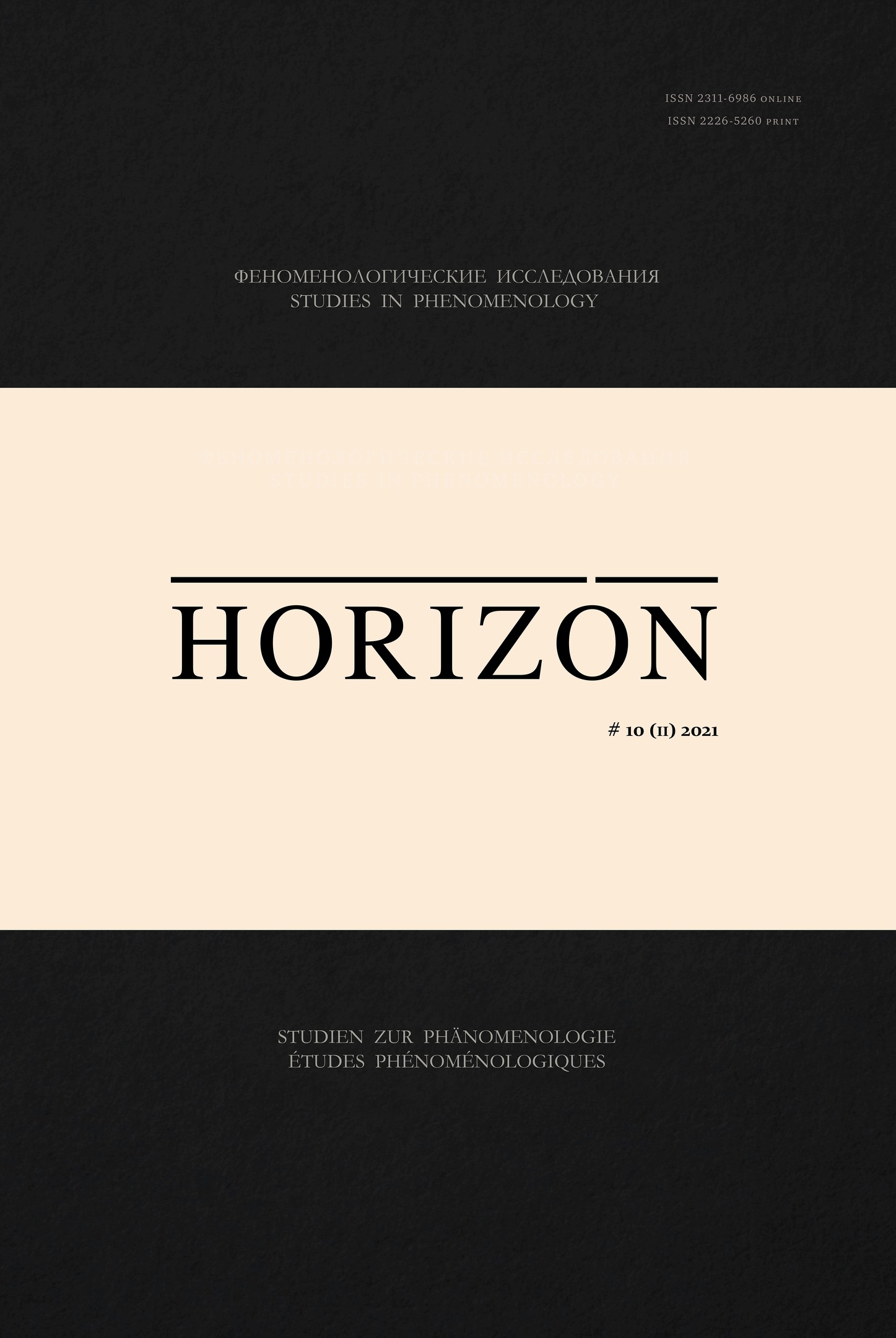Conrad-Martius: Sein, Wesen Existenz. In Auseinandersetzung mit der Ontologie und Metaphysik Aristoteles', Thomas von Aquins und Husserls
CONRAD-MARTIUS: BEING, ESSENCE, EXISTENCE.
IN DISCUSSION WITH ARISTOTLE’S, AQUINAS’ AND
HUSSERL’S ONTOLOGIES AND METAPHYSICS
Author(s): Irene BreuerSubject(s): Metaphysics, Ancient Philosphy, Philosophy of Middle Ages, Contemporary Philosophy, Existentialism, Phenomenology
Published by: Издательство Санкт-Петербургского государственного университета
Keywords: being; essence; existence; reality; ontology; metaphysics; Conrad-Martius; Aristotle, Aquinas;Husserl;
Summary/Abstract: The article deals with Conrad-Martius’ conception of being and existence and explores it by contrasting it with the conceptions of Aristotle, Aquinas and Husserl within the framework of their respective ontologies and metaphysics. The article delves into the problems of both the hypostatization and the origin of being in particular. I claim that the hypostatization of being does not concern the Sachverhalt,as Jean Wahl claims, but the noema itself insofar as intentionality transcends what is constituted by consciousness and grasps the essence of the substance itself, whose existence is not absolutely but hypothetically posited. I will further show that even though Conrad-Martius rejects the transcendental reduction, she accepts the eidetic reduction and the positing of a sphere of original and given facts, which are not only absolutely given to consciousness, but also self-grounded and self-sustained.Conrad-Martius’ research traces the origin of these back to a transphysical realm, thus revealing the grounds for the Husserlian sphere of primal facts, which itself remains beyond the reach of phenomenologicalreflection. Hence Conrad-Martius’ and Husserl’s investigations encounter and complementeach other at the point where the real bursts into reality and becomes available to consciousness. Thesereflections are organized as follows: The first part presents Conrad-Martius’ conception of a real-ontologicalphenomenology in order to examine her criticism of Husserl’s transcendental reduction. The second part deals with her real-ontological conception of the essence of reality or the “real-reality”and its hypothetically posed existence. The third part concerns the conceptions of being, analogia essendi and categorial being with recourse to Aristotle, Aquinas and Husserl and sets these in relation to Conrad-Martius’ own conception. The fourth part deals with her own understanding of the analogia essendi and of real being in order to shed light on the claim concerning the hypostatization of being.The fifth part explores Husserl’s positing of a sphere of primal facticity, Conrad-Martius’ conception of a real entity and its origin in a transphysical realm. The article finally summarizes the main results of these reflections.
Journal: Horizon. Феноменологические исследования
- Issue Year: 10/2021
- Issue No: 2
- Page Range: 360-397
- Page Count: 38
- Language: German

